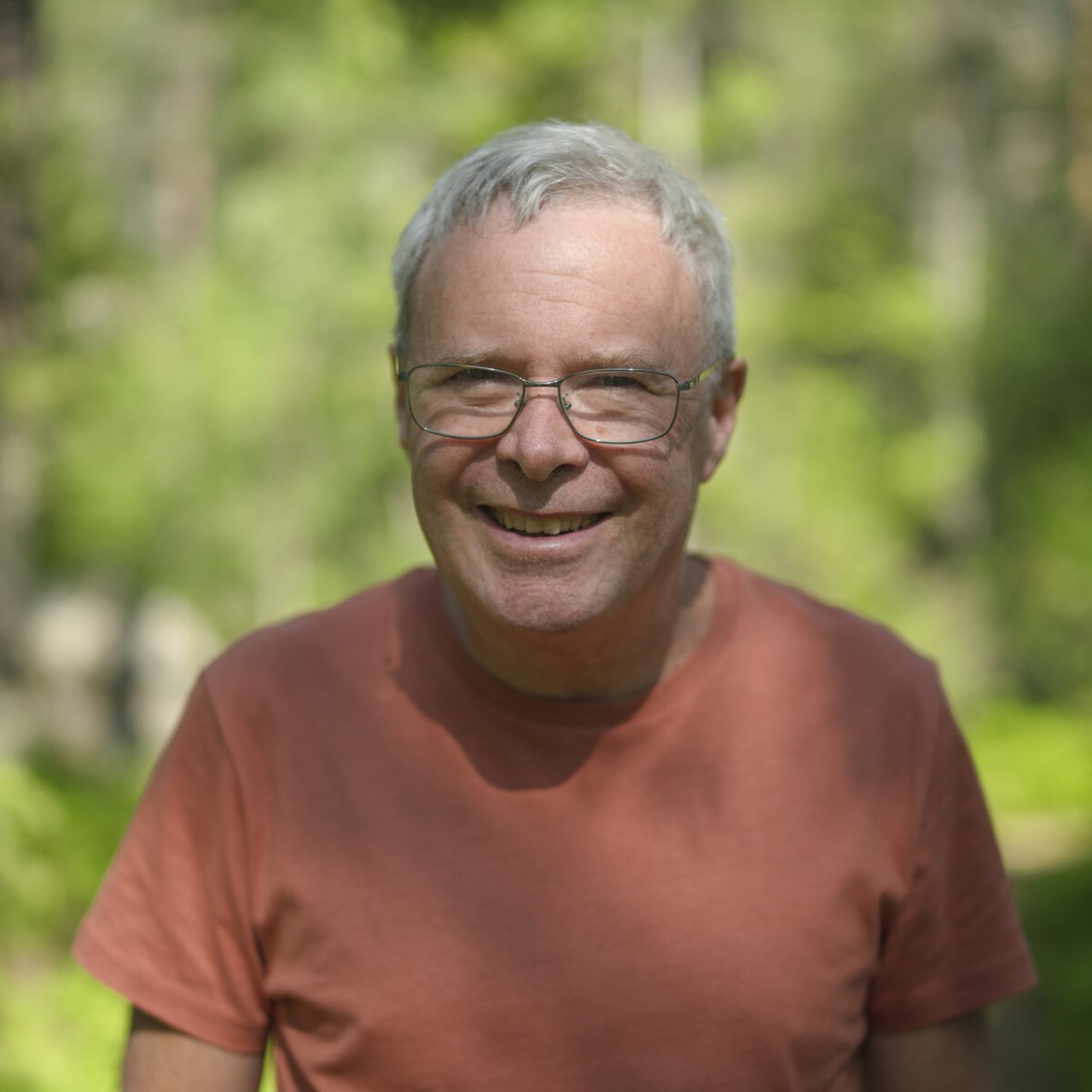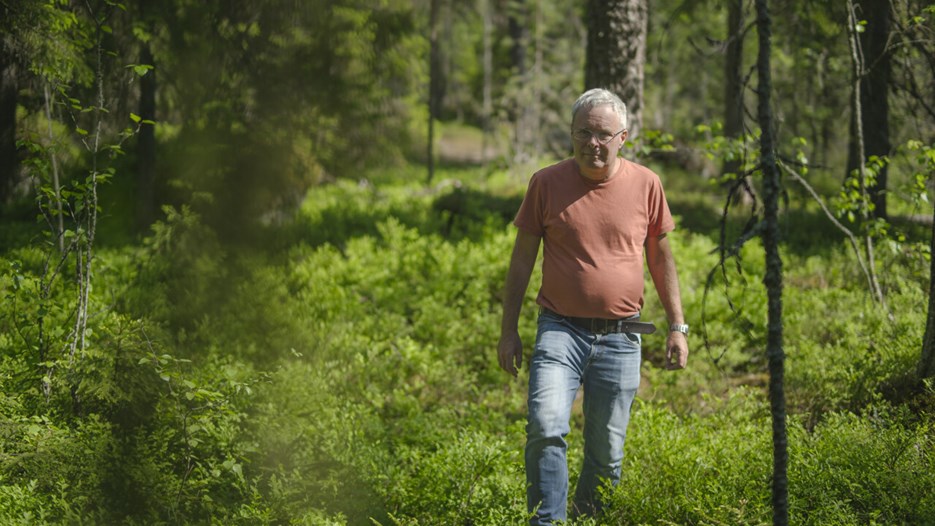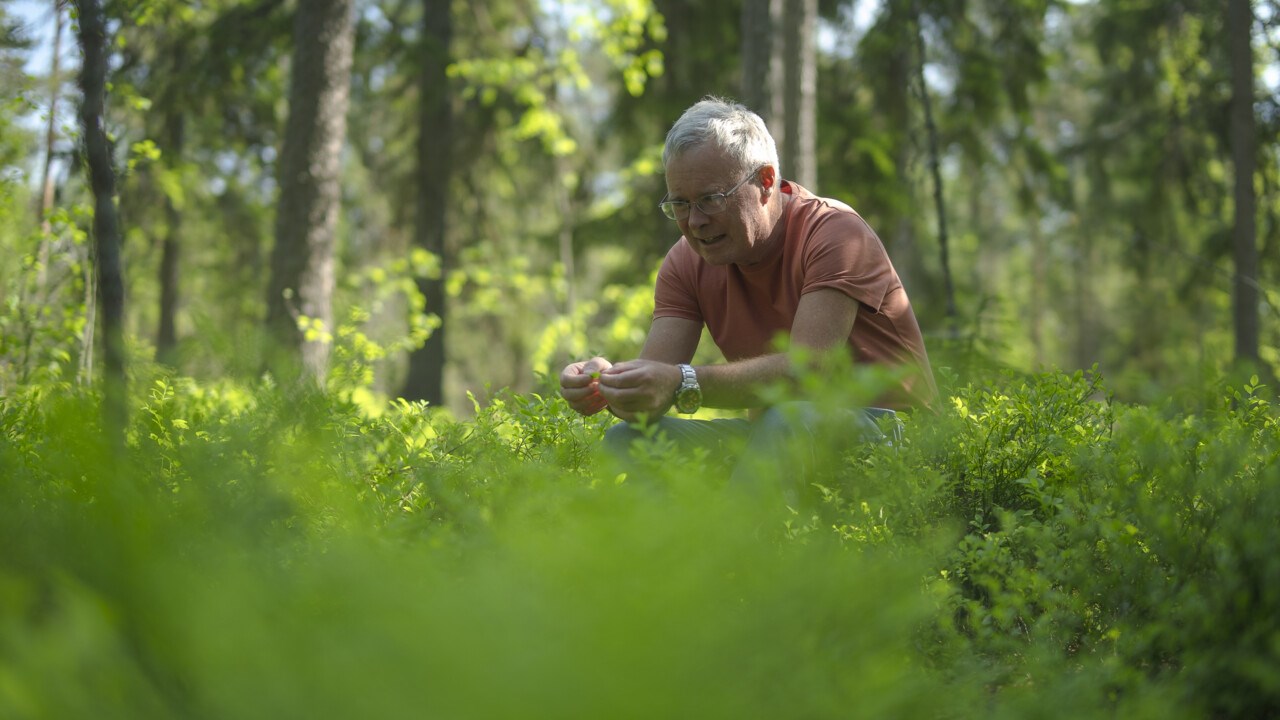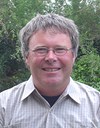
David Wardle: “Through knowledge we can save and restore ecosystems”
PROFILE What do Arjeplog, Singapore and New Zealand have in common? The answer is David Wardle, one of Umeå University’s new professors. He researches how ecosystems are affected by environmental change and how we can mitigate negative effects and restore threatened systems.





